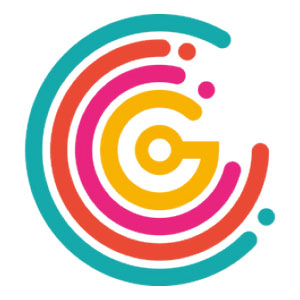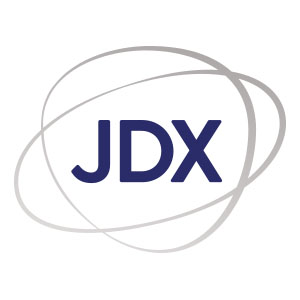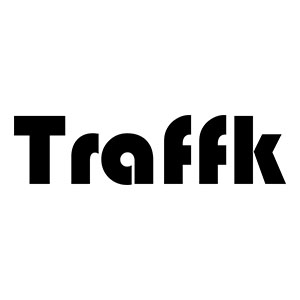Following in the footsteps of the early digital giants, the insurance industry is finally opening up itself to the age of the customers. The collision between technology and insurance continues while impacting the industry since the computer revolution of the 20th century.
The use of technology to collect, record, and transmit live data has grown exponentially, and for a data-dependent industry like insurance, the impact is likely to be profound. From the rise of wearable devices to the growth of smart devices, these effects are already partially materializing. In the short term, freight forwarders expect smarter cars, homes, and workplaces to be safer, which will have an impact on the volume of claims. However, as technology evolves and new business cases are investigated, it is almost impossible to predict the future direction.
In the greater context, traditional business models across almost every B2C industry have altered drastically in recent years; companies such as Amazon, Uber, and Netflix have changed how customers and companies interact, prioritizing the customer journey and experience over sheer profitability. The impact of this trend on the insurance space has been significant; one-size-fits-all products are no longer enough, nor is expecting customers to weather the storms of poor customer service, opaque claims processing, and product experiences that do not fit their lifestyles.
A growing number of insurance carriers now demonstrably buy in to the concept of technology-driven insurance and are utilizing IoT to realize this; John Hancock, for example, announced in 2018 that all new life insurance policies must henceforth use digital fitness trackers to monitor policyholders. But where are the biggest impacts being felt across the insurance business?
Here, we present the “Top 20 InsurTech Providers” for all the answers:
























